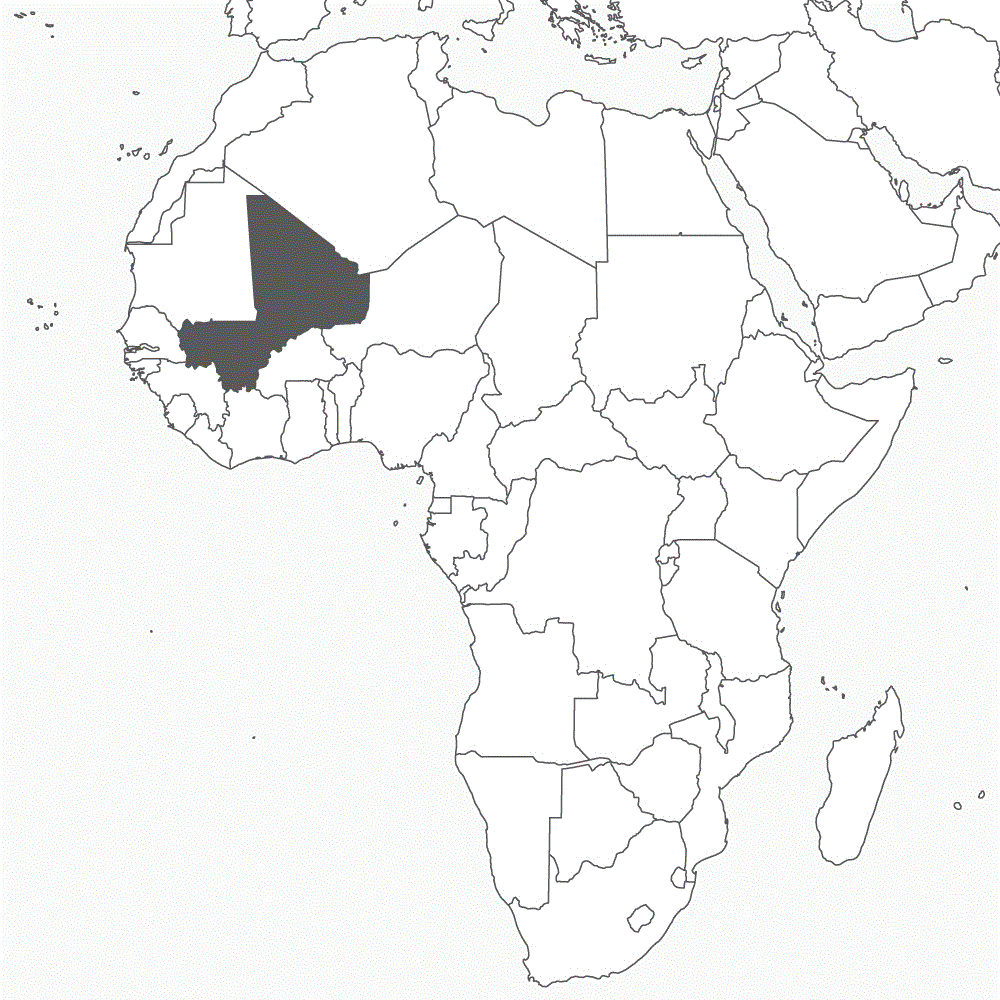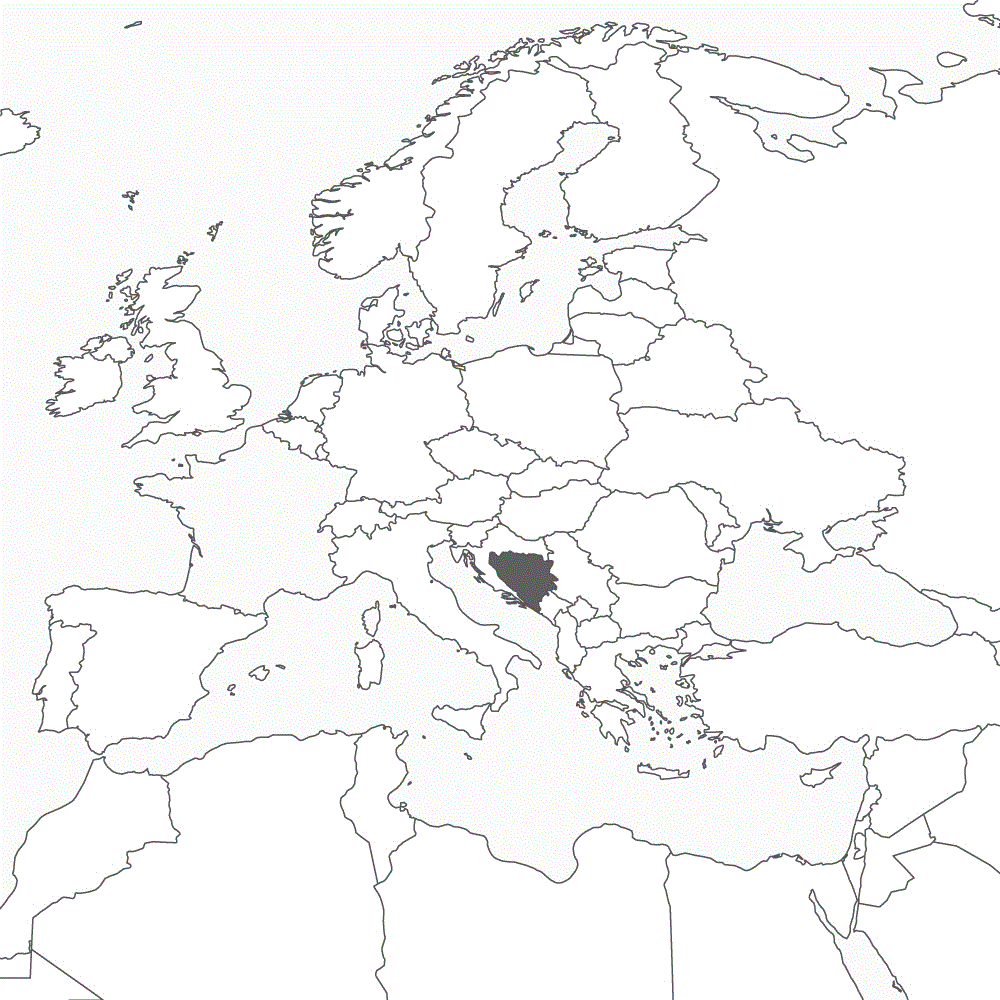Entry into Decline
Berlin plans coercive measures to downscale German business activities in China. The reason: German investments in China, the market of the future, are increasing more than ever.
BEIJING/BERLIN (Own report) – The German government is planning coercive measures to downscale German companies’ business activities in China. According to reports, the German Ministry of Economics is not only preparing to severely restrict the usual government guarantees for foreign business ventures for business in the People’s Republic. Introducing compulsory notification for investments in China is also in discussion – with the possibility of rejection. Similar measures in the USA serve as a model. Berlin is reacting to the fact that it has not yet succeeded in downscaling business activities in China. According to a recent study, German investments in – as well as exports from – the People’s Republic have reached all-time highs in the first half of 2022. This has resulted from German companies not discontinuing, but rather “localizing” their activities in China, to make them crisis-proof. The People’s Republic is considered an indispensable market of the future. The coercive measures being pursued by Berlin, particularly by the Green-led ministries, are likely to drive German industry into decline. Read more
Battle Over Mali (II)
In Berlin the debate over the future of the Mali mission escalates. The mission is considered a failure, however Moscow’s growing influence in Bamako should be weakened.
BAMAKO/BERLIN (Own report) – In Berlin, the debate about a possible Bundeswehr withdrawal from Mali is escalating. Alongside the dispute about German troop transports and an apparently unauthorized use of a military camp by a private, service contractor engaged by the Bundeswehr, the conflict is mainly focused on Mali’s growing military cooperation with Russia. In addition to the presence of a growing number of Russian soldiers and private military contractors, Moscow is also increasing its arms deliveries to Bamako. The West’s efforts to repel Russia’s influence in Mali has long since included the UN’s MINUSMA operation, which the western powers seek to have investigate the suspected massacre of civilians. Massacres, such as these, have been carried out for years. They remained unsolved, as long as the EU was in charge of training Malian soldiers. The West’s attempts to instrumentalize human rights, to fight Russian influence in Mali, is leading to a conflict over the new MINUSMA mandate. In Berlin, demands for withdrawal are growing to the same degree as the opposite demands not abandon Mali to Russia. Read more
Battle Over Mali (I)
Conflict over Germany’s Bundeswehr deployment in Mali continues. Bamako criticizes highhandedness of the West, particularly of France, including acts of espionage and subversion.
BAMAKO/BERLIN (Own report) – The conflict between Mali and Germany continues over the Bundeswehr’s deployment in that West African country. Differences over the German soldiers’ arrival and departure were resolved last week. Once Berlin consented to comply with the new troop transport regulations, the rotation of the Bundeswehr contingent in Mali – which had been scheduled since some time – was accomplished last Thursday. However, the conflict over Mali’s military cooperation with Russia continues. Bamako is also taking action against unauthorized operations on its territory by foreign powers. It reproaches France of having carried out this year alone dozens of unauthorized aerial operations in Mali, some aimed at espionage and subversion. Mali’s government is therefore requesting a special session of the UN Security Council. Bamako is also taking action against a private contractor of the German Bundeswehr, for allegedly having operated a military camp at the airport of Mali’s capital without the appropriate authorization. All this must be seen in the context of Bamako’s fears of a West-inspired coup. Read more
Back to Square One
The Bundeswehr is again sending troops to Bosnia-Herzegovina. More than a quarter of a century after Dayton, the West’s attempts to calm the situations have proven a failure.
BERLIN/SARAJEVO (Own report) – Nearly ten years after its pullout, the Bundeswehr is again furnishing troops to the EU mission in Bosnia-Herzegovina. Since Tuesday, German military personnel are present at the headquarters of the EU’s Operation Althea in Sarajevo. Others will be assigned to carry out research on the population of Bosnia-Herzegovina within the framework of so-called Liaison and Observation Teams (LOT), while simultaneously promoting support for the EU mission in that country. The failure of the Dayton Agreement – signed more than a quarter of a century ago – which has been incapable of stabilizing Bosnia-Herzegovina and helping that country to recover, is the reason for the return. Instead, the ethno-proportional representation à la Dayton combined with foreign interference has blocked all progress. In addition, the West still insists on imposing a High Representative for Bosnia-Herzegovina, who has no democratic legitimacy and can rule in Sarajevo like a sort of colonial governor. The Bundeswehr’s return to Sarajevo is taking place at a time when Berlin – unsuccessful in Bosnia-Herzegovina – is sending troops to take up positions in the Asia-Pacific region against China. Read more
GERMAN-FOREIGN-POLICY.com
Information on German Foreign Policy: News + Interviews + Analyses + Background


